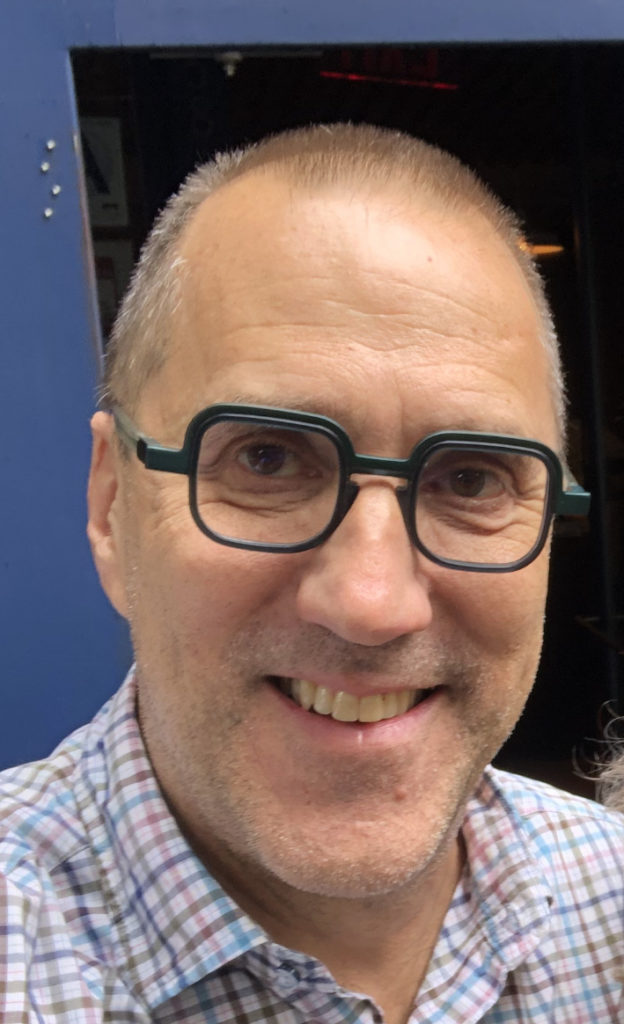
Mike Wilson is the deputy editor of the New York Times feature “The Great Read,” which highlights narrative stories. Before joining the Times, he served as editor of the Dallas Morning News, where he transformed a traditional print newsroom into a digital-first news organization. Under his leadership, the News was a Pulitzer Prize finalist three times and won two national Edward R. Murrow Awards for feature writing.
Mike started his career at the Miami Herald, where he worked for 12 years as a writer and editor, ending with a stint on the writing staff of the Sunday magazine, Tropic. He then joined the St. Petersburg Times (now Tampa Bay Times), where he was a writer, editor and, finally, managing editor. His enterprise writing staff at that paper won a Pulitzer for feature writing and was a finalist for four others. In 2013, he moved to ESPN in New York to become the founding managing editor of Nate Silver’s data journalism website, FiveThirtyEight.
He is the author of Right on the Edge of Crazy (1993), about American ski racers competing in the 1992 Olympics, and The Difference Between God and Larry Ellison (1997), about Oracle Corporation’s billionaire founder.
What is the most important lesson you’ve learned as an editor?
Even though the editor is typically higher on the org chart than the writer, trust is far more important in the writer-editor relationship than power. Telling stories is a collaborative process. The writer and I need each other: I need the writer to do the difficult work of learning every detail of the story and writing it well. The writer needs me to provide support and encouragement and, importantly, to offer the kind of perspective that the writer, awash in details, may find it hard to maintain. When things go well, we come to appreciate and trust each other, and the edits we make are the ones we agree on. If I ever make a change in a story just because I’m the boss, something has broken down in the process.
What has been the biggest surprise of your editing life?
I’m surprised by how much editing has tested me – and I think helped me grow – as a person, not just as a journalist. When I became an editor, I took on the responsibility for people’s stories, but also for their careers and sometimes their personal well-being. I’m constantly asking myself: How patient can I be? Can I adapt to each person’s way of working and thinking? How clearly and effectively can I say that a piece or work isn’t good enough, or that it’s great? The thing I like least about editing is that I don’t write much anymore. The thing I like best is that the work calls on me to be the best possible version of myself. (I fail at this regularly.)
If you had to choose a metaphor to describe yourself as an editor, what would it be?
I’m a gymnastics coach. Think of writers as elite athletes attempting risky and difficult new skills. I push them, and I catch them.
What is the best piece of editing advice anyone ever gave you?
The advice came from my friend Tom Shroder, who was my editor at the Miami Herald’s Tropic magazine and later the editor of the Washington Post Magazine. Tom said editors should try to make the editing process as objective as possible for the writer. It’s never enough to say, “I didn’t like that line” or “We don’t need this paragraph.” Editors need to be prepared to explain why they’re making a change (and I would add, they need to be ready to be proved wrong). Whether editors are helping a writer conceptualize a story or putting the last touches on it before publication, they should be able to articulately explain their decisions. Tom was and is great at this.